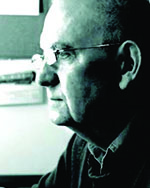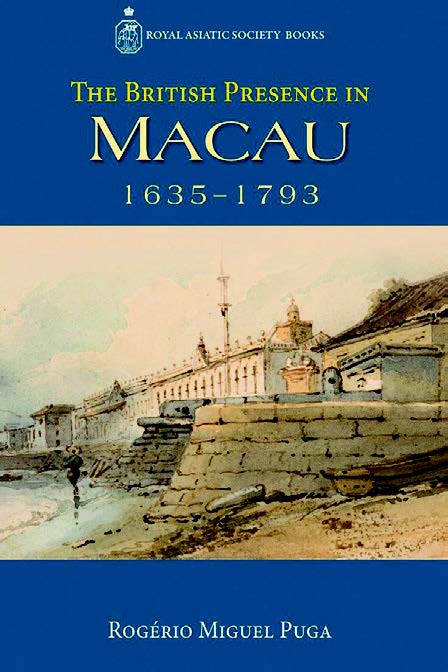In an interview with Millicent Borges Accardi for the Portuguese American Journal (June 9, 2012), the author explains his interest in researching the British presence in Macau: “Because of my research on Anglo-Portuguese Studies, I decided to study the British and North-American presences in Macau, to fill that void in the historiographical writing on the enclave.” Dr. Puga acknowledges the first academic study on the British presence in Macau was conducted by the English author Austin Coates and published in 1966 as Macau and the British 1637-1842: Prelude to Hong Kong. However, according to Dr. Puga, while Coates presents a synthesis on the subject, the book is “lacking the critical frame that identifies the sources used, and merely presenting a general bibliography” (4). Coates himself alludes to the difficulties he encountered in finding documented accounts and translations in English of the more politically contentious aspects of Macao society.
Dr. Puga’s research draws extensively on Portuguese and British references as well as translated Chinese sources providing a comprehensive analysis of the factors that impinged on the relationship between British and Portuguese interests in the Far East. Although longstanding allies in the West, their association particularly with regards to pursuing their interests in China was characterized by suspicion, subterfuge, and subversion. An alternative and perhaps more apt title for this book could have been ‘Resistance to the British Presence in Macau’ since the study details the various attempts by the Macau Senate, Governors, and residents in Macau with vested interests to prevent the British under the auspices of the East India Company (EIC) from gaining access to the lucrative trade established since the first European settlement on the China Coast in Macau in 1557.
Resistance to a British presence in Macau was not only for the protection of its commercial interests, but also due to the Catholic Church’s opposition to contamination from the religious influences brought from Protestant Europe – especially Britain. Dr. Puga mentions that it was not until 1821 that the English were allowed a Protestant cemetery, while “several bishops in Macau railed at the pernicious presence of the foreigners” (29). The first British ship to enter Macau, the London in 1635 was presaged by an instruction issued by the English factory in Surat that while some of the crew might be allowed to go ashore that “no scandal may be given or taken in point of religion.” (29).
Initially, the British failed to establish a permanent foothold in China, but in 1672, ten years after the Dutch East India Company had been expelled from the island by the Chinese, the English East India Company finally secured a trading post in Taiwan. The Company was soon engaged in direct and regular trade with the Chinese and was permitted to make regular voyages to Amoy, Chusan and Canton. By the turn of the century, the Company's base for the China trade was transferred from Taiwan to its "factory" at Canton. After the trading season in Canton, supercargoes were not allowed to remain, but as stipulated by the Chinese authorities, were permitted to make their way to Macau, where they were to live during the summer and there prepare contracts for the following year. After 1700, Macau became a staging post where British vessels could be re-provisioned, repaired and seek protection in the event of storms; officials and crews would wait and gather intelligence on the situation in Canton, “officials could be offered opportunities for residence, convalescence and rest”(72).
Apart from the oppressive climate of Macau in the summer, the social climate was not conducive to the British who complained about the treatment they received. In 1797, Daniel Paine, returning to London from Sydney, visited Macau and complained about their reception: “Such are the mortifications and insults, we are exposed to, at Macau, where the Chinese force us, every year, to pass some months, and we beg that you’ll represent our situation to the government of Goa, to obtain for us some privileges which may place us out of the power of the people of Macau” (108).
Dr Puga concludes his account with a chapter on the failed mission of Lord George Macartney, initiated on behalf of British King George III, to negotiate as ambassador better terms for trade in Canton with the Chinese Emperor Quianlong. Arriving in Macau in June 1793, Macartney made his way to Beijing returning to Macau empty-handed in January 1794. The Portuguese priests who took part in the embassy, led Father José Bernando d’Almeida in 1802 to advise the Emperor of British false designs when they occupied Macau: “Among the different nations [..]which come to trade with China, there is a kingdom named England whose people, in the West, have the distinctive feature of being deceitful and hypocritical.”



